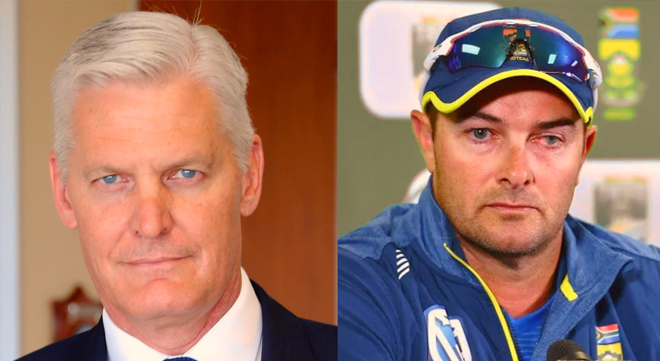The loss of two such influential persons in recent months came as quite a shock, given their achievements during their tenure.
In a recent article in De Rebus, Madeleine Truter provided context to a term that falls strange on the English ear.
“The term voetstoots is a Dutch word and is a principle found in the South African common law. It literally means sold ‘with a shove of the foot’. Even though some purchasers may not be aware of this, when you buy a property, there is an implied warranty that the property is sold free from any defects. It is, however, possible for the seller to contract out of this implied warranty by inserting a clause into the sale agreement that provides for the sale to be voetstoots. This simply means that what you see is what you get, and that no warranties exist. In other words, the purchaser agrees to buy the property as it appears at the time of the sale, and that there will be no claims against the seller for defects which are discovered later.”
Concerning the two gentlemen in question, the answer to the question whether they were pushed (with a shove of the foot) or jumped does not require the IQ of a genius.
There is this famous urban legend of the buitelander who visited the crayfish factory in Lambertsbaai. He was watching the kreef being cooked in boiling water and asked whether it wasn’t painful.
“Nei, meneer, hulle raakit gewoond.” (No, sir, they get used to it.)
In a way, both Mark Boucher and André de Ruyter experienced a gradual increase in the temperature, in a manner of speaking, but luckily, they could escape the boiling cauldron before their “gees” was cooked, and they could depart with their dignity intact.
The one-eyed Jack
Since the terrible accident that cost him the sight in one eye, Boucher continued his dogged performance as a world-class batsman and wicketkeeper as a no-nonsense coach, taking over the helm at the national side and instilling a winning culture in the team.
Cricket South Africa (CSA), in the meantime, certainly had its share of troubles, starting in 2017 with the failed attempt to launch the T20 Global League. It stumbled from disaster to disaster, eventually having to resort to playing the race card as a last resort to exonerate itself from its own inadequacies. The result was a set of trumped-up charges against two of the game’s finest, Graeme Smith and Boucher, which exploded spectacularly in the faces of the CSA and led to Smith and Boucher applying their skills elsewhere.
Was it any wonder then when Boucher decided to accept a lucrative offer at the Indian Premier League, where he would not be bound by non-cricket related issues, which could be seriously distracting in the highly competitive international cricket arena?
The disastrous series in Australia following his announcement not only highlighted the extent of his influence, but very unfairly impacted on the stand-in coach whose chances of a permanent appointment were land-mined by the whitewash.
Then, of course, we will have to wait and see what the long-term impact on the players themselves is; not only those who played in Australia, but also those who should have played there. How many more will follow the example of Boucher and Dwayne Pretorius?
“Being a free agent will help me achieve the goal of being the best short format player I can be. By doing this, I will be able to have a better balance in my career and family life,” said the latter.
No doubt, these same considerations must be going through the minds of many of our top players, when the pride of playing for your country has been diluted.
The fact that two coaches will replace Boucher indicates that there is at least some understanding of the enormity of the task, but only time will tell whether the new incumbents will survive the game of Russian roulette against the administrators.
De Ruyter in Grys
De Ruyter, as level-headed as he is, probably had no idea to what extent the chalice from which he agreed to sip was poisoned. Together with Jan Oberholzer, a seasoned Eskom man, they accepted the challenge to try to steer the ship away from the cliffs created by incompetent predecessors who lacked the foresight required to keep the ship afloat in treacherous waters.
Despite dogged determination, the lack of political support, coupled with real-life threats, led to both heavyweights, Oberholzer and De Ruyter, throwing in the towel.
Those in Eskom who cheered when the news of De Ruyter’s resignation was announced apparently do not have any inkling of how entity’s problems impact the economy. The syndicates who were concerned about their nefarious shenanigans being exposed no doubt sighed with relief.
As with Boucher, whoever else takes over at Eskom will benefit in the short term from the actions instituted by De Ruyter and enjoy the support of the very politicians whose actions, or lack thereof, led to his demise.
Eternal optimist that I am, I’m hoping that De Ruyter will reconsider, but I am not holding my breath that the same person who convinced the president not to resign after the Phala Phala saga came to light will do the same with De Ruyter.




In both cases and so many more happening as we speak, it is the fault of the ANC and/or EFF.
BEE costs people their jobs and the GDP to shrink. The ANC must go next year at the polls.
Nee! In both cases performance was kak poor. Maar ja ANC moet gaan!